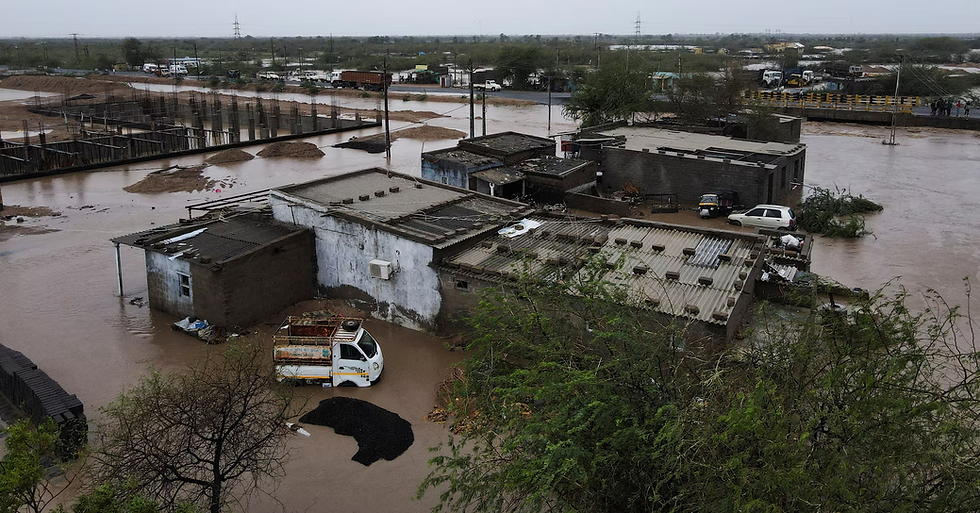Sri Lanka’s 2025 Budget: Key Highlights and Economic Outlook
- Tharindu Ameresekere
- Feb 20
- 2 min read

Credit: Reisjunk Pinterest
Sri Lanka has had its first look into the budget for 2025 this Monday and it has its focus set on economic stability, fiscal discipline, and development initiatives. The plan outlines key reforms in taxation, public sector wages, digitalization, and investment, aiming to balance economic growth with financial sustainability. Here’s a summary of the key decisions of the 2025 budget.
Economic Growth and Revenue Projections
The government expects to hit 5% economic growth in 2025, with an estimated total revenue of 15% of GDP. Tax revenue is projected at Rs. 4,590 billion, with capital gains tax (CGT) increasing to 15% for individuals and partnerships and 30% for corporations. Additionally, corporate tax on betting, gaming, liquor, and tobacco will rise from 40% to 45%.
A major shift comes in digital taxation, with VAT set at 18% for digital services, and POS machine usage becoming mandatory for VAT-registered businesses. The controversial Imputed Rental Income Tax (IRIT) proposal, suggested under an IMF program, has been scrapped.
Public Sector Salary Reforms
Government employees will see a salary increase of Rs. 15,750, with the minimum annual increment rising to Rs. 450 from Rs. 250. Other allowances and overtime regulations will also be revised, ensuring a structured wage reform across the public sector. This is a well needed change to address the rise in cost of living as well as inflation.
Development and Investment Initiatives
There is a new initiative to establish a Development Bank and introduce stimulating loan schemes to support entrepreneurship and the SME sector. The budget also allocates Rs. 1 billion to promote commercial research and innovation.
A "Sri Lanka Unique Digital Identification" (SL-UDI) will be introduced, alongside a goal to expand the digital economy to USD 15 billion in five years. To protect the digital economic space a new apex digital economy authority will be developed along with strengthening existing legislation to ensure a safe digital economy.
Taxation and Import Reforms
The government has removed vehicle import restrictions, in place since 2020, with higher excise duties and VAT now applicable. The casino entrance levy will double to USD 100, and stamp duty on leases will increase from 1% to 2%.
With an estimated budget deficit of 6.7% of GDP, the government is focusing on fiscal discipline while introducing pro-business policies to attract foreign investments. Challenges such as inflation, trade deficits, and the execution of these policies will determine the effectiveness of the 2025 budget. However the budget is promising as it addressed key social and economic pressure points in Sri Lanka, only time will tell how well it will be implemented and its effects in the long term on Sri Lanka’s recovering economy.




Comments